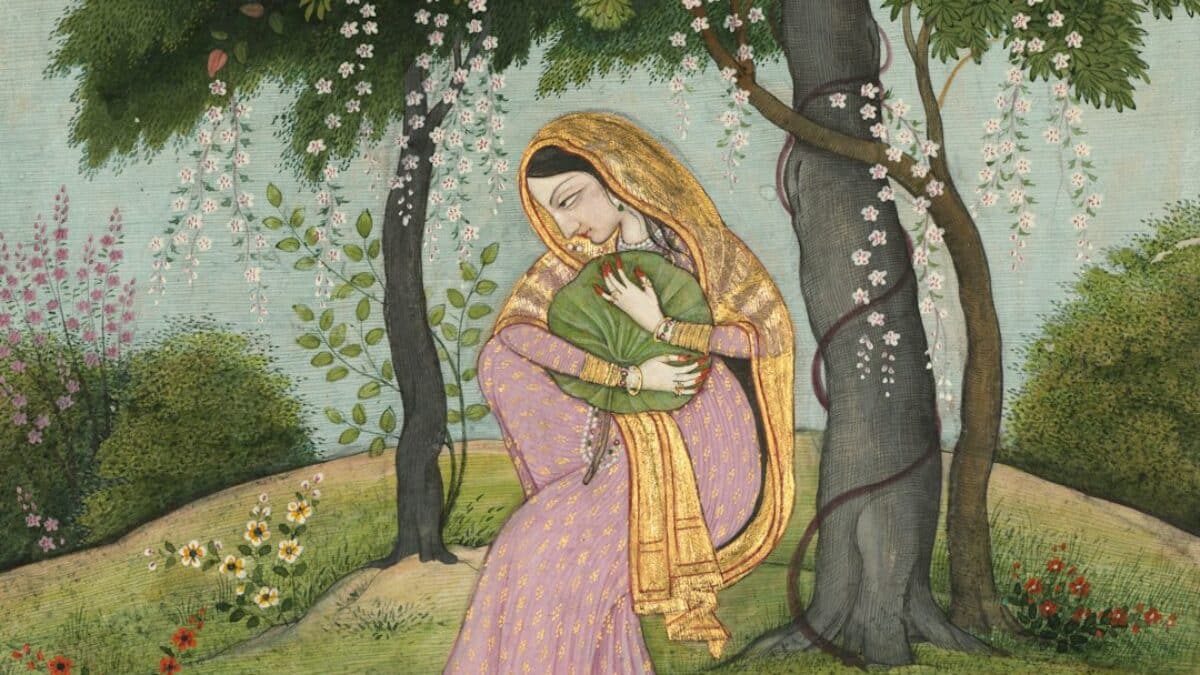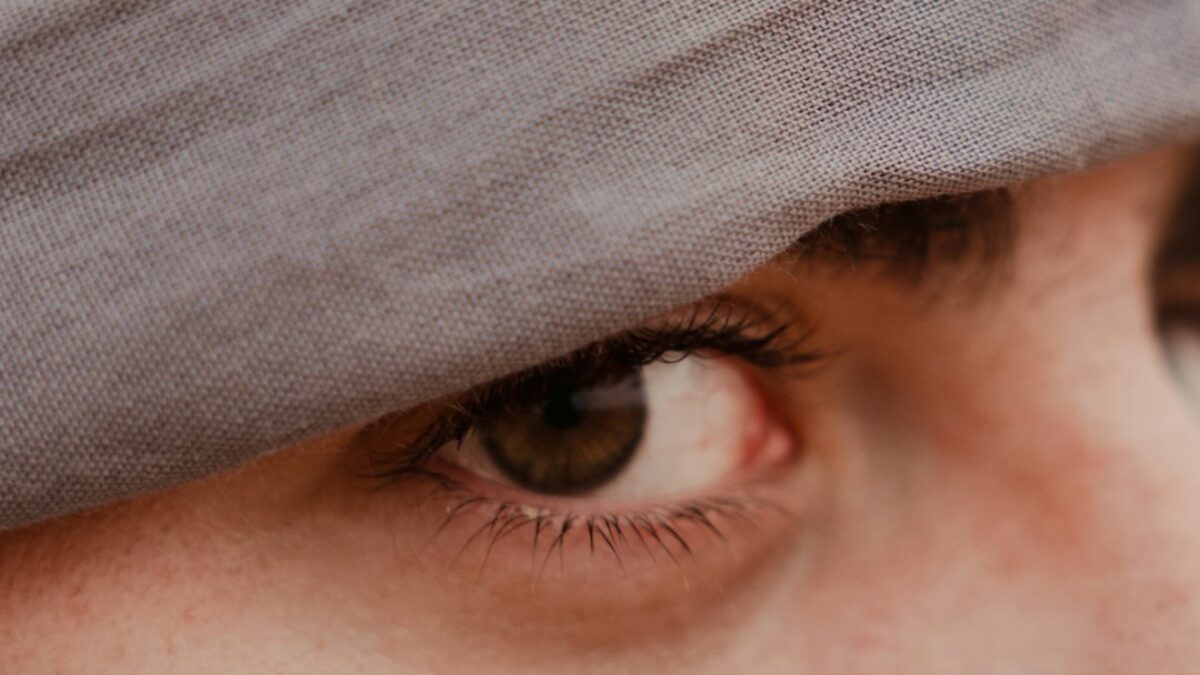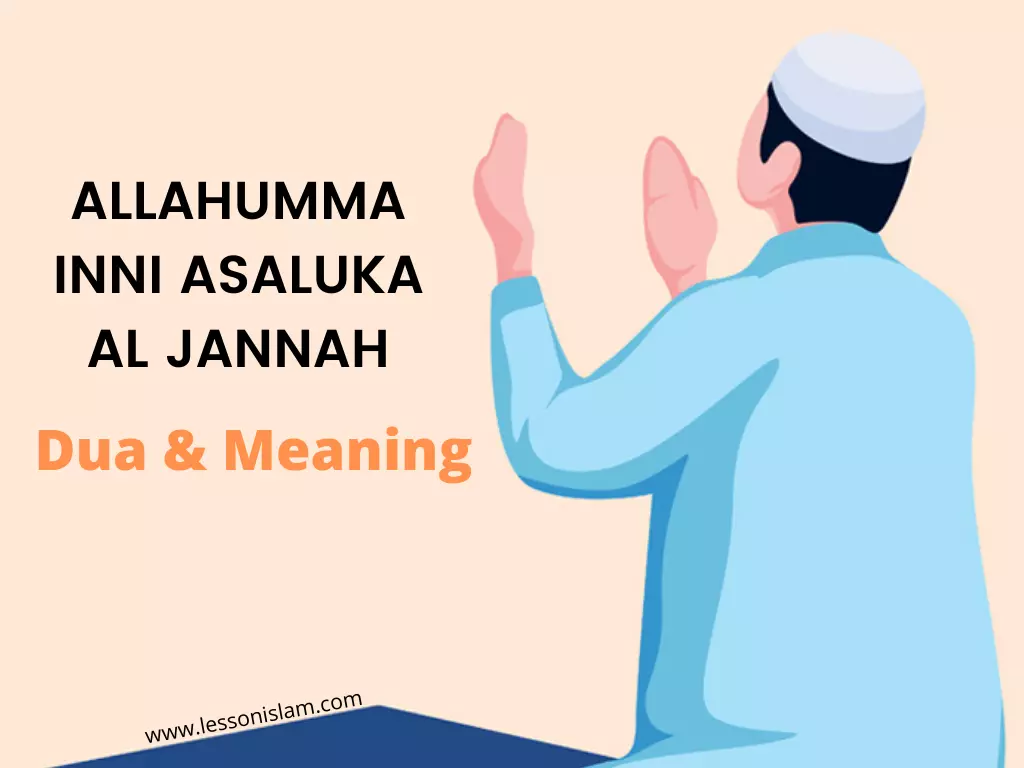The unseen harm of evil eye (al-‘ayn) and envy (ḥasad) has been acknowledged since the dawn of humanity, and Islam offers the most complete guidance to shield the believer from their destructive effects. Every day, Muslims around the world recite short yet powerful prayers—duʿāʾ—revealed by Allah and taught by His Messenger ﷺ for protection, healing, and spiritual immunity. In this comprehensive guide, you will learn the authentic duʿās, their word-for-word transliterations, the exact situations to use them, the etiquette of supplication, and how to practically weave them into your daily routine so that you and your family live under Allah’s constant safeguard.
Understanding the Evil Eye and Envy in the Islamic World-View
The Qur’anic and Prophetic Evidence
In Sūrat al-Falaq, Allah commands the Prophet ﷺ to seek refuge from “the evil of the envier when he envies” (Qur’an 113:5). In Sūrat Yūsuf, the brothers of Prophet Yūsuf openly admit, “Indeed, Yūsuf and his brother are more beloved to our father than we, while we are a clan. Indeed, our father is in clear error” (Qur’an 12:8). Commentators note that this statement contains the seeds of envy which led them to plot against their innocent brother. The Prophet ﷺ confirmed the reality of al-‘ayn when he said, “The evil eye is real; if anything could outrun the divine decree it would be the evil eye” (Muslim). Envy and the evil eye are therefore not superstitions—they are spiritual ailments explicitly confirmed by revelation.
How Evil Eye and Envy Differ
Evil eye (al-‘ayn) is an involuntary harm that may come from a person who admires something—beauty, wealth, children, health—without saying mā shāʾ Allah. Envy (ḥasad), on the other hand, is a deliberate, resentful wish that the blessing be removed from the envied person. While both can cause physical symptoms (fatigue, irritability, loss of appetite) and material setbacks (business failure, marital discord), envy is rooted in malice, whereas evil eye may be unintentional.
Modern Manifestations
- Social media exposure: Posting photos of happy families, new cars, or lavish weddings without protective dhikr invites thousands of unseen glances.
- Workplace rivalry: A colleague’s quiet resentment after you receive a promotion can subtly erode your productivity.
- Family gatherings: Compliments without mā shāʾ Allah may carry unintended harm from close relatives.
Key Components of Authentic Duʿāʾ for Protection
Conditions for Accepted Supplication
- Purity of Intention: The duʿāʾ must be directed solely to Allah, never to jinn, graves, or amulets containing illegible text.
- Lawful Livelihood: The Prophet ﷺ said, “…then he raises his hands, saying, ‘O Lord, O Lord,’ while his food is unlawful, his drink is unlawful, his clothing is unlawful, and he has been nourished with the unlawful—how can such a one be answered?” (Muslim).
- Presence of Heart: Mechanical recitation without understanding or humility reduces the efficacy of even the most authentic wording.
- Speaking in Arabic or one’s tongue: Arabic is preferred for prophetic duʿās, but heartfelt supplication in any language is permissible.
Essential Etiquette While Reciting
| Step | Action | Reference |
|---|---|---|
| 1 | Face the qiblah if possible | Sunnah of the Prophet ﷺ |
| 2 | Raise hands to shoulder level, palms up | Bukhārī |
| 3 | Begin with praise of Allah and ṣalāh on the Prophet ﷺ | Tirmidhī |
| 4 | Ask with persistence, repeating three times | Bukhārī & Muslim |
| 5 | Conclude with āmī | Consensus of scholars |
Authentic Duʿās for Protection from Evil Eye and Envy
1. Al-Mu‘awwidhatayn: The Two Chapters of Refuge
Surah al-Falaq and Surah an-Nās are the most powerful nightly shields. The Prophet ﷺ recited them three times every night, blowing into his hands and wiping over his body from head to toe.
Transliteration – Surah al-Falaq:
Qul a‘ūdhu birabbi-l-falaq * Min sharri mā khalaq * Wa min sharri ghāsiqin idhā waqab * Wa min sharri–naffāthāti fi-l-‘uqad * Wa min sharri ḥāsidin idhā ḥasad.
Transliteration – Surah an-Nās:
Qul a‘ūdhu birabbi–ās * Maliki–ās * Ilāhi–ās * Min sharri-l-waswāsi-l-khannās * Alladhī yuwaswisu fī ṣudūri–ās * Mina-l-jinnati wa–ās.
When to recite:
Once after each obligatory prayer Three times in the morning (after Fajr) and evening (after ‘Asr) Before sleep, following the Sunnah method of blowing and wiping
2. Ayat al-Kursi – The Throne Verse (Qur’an 2:255)
The Prophet ﷺ declared, “Whoever recites Ayat al-Kursi after every obligatory prayer, nothing prevents him from entering Paradise except death” (Nasa’i). Its unmatched virtues lie in describing Allah’s absolute authority, making it a fortress against every invisible assailant.
Key phrase for protection: “…and He feels no fatigue in guarding them and He is the Most High, the Most Great.”
Practical routine: Recite once after every prayer, once before leaving the house, and once before turning off the lights at night.
3. Daily Morning and Evening Adhkar
Imam Nawawi compiled these adhkar in his Riyāḍ aṣ-Ṣāliḥī. Below is a concise selection focusing on evil eye and envy:
- Three times after Fajr & Maghrib: “Bismi-l-lāhi alladhī lā yaḍurru ma‘a smihi shay’un fi-l-arḍi wa lā fi-s-samā’i wa huwa-s-samī‘u-l-‘alīm.”
- Three times: “A‘ūdhu bikalimāti-l-lāhi-t-tāmmāti min sharri mā khalaq.”
- Three times: “Allāhumma anta rabbi, lā ilāha illā anta, ‘alayka tawakkaltu wa anta rabbi-l-‘arshi-l-‘aẓīm…” (complete ḥadith duʿāʾ)
4. Ruqyah for the Afflicted
When symptoms—such as unexplained crying in children, sudden business downturn, or recurring nightmares—appear, perform ruqyah using:
- Recitation of Surah al-Fātiḥah seven times
- Blowing lightly with a small amount of saliva onto the hands and wiping the affected area
- Reciting the following duʿāʾ three times: “Allāhumma rabba–ās, adhhibi-l-ba’sa, ishfi anta-sh-shāfi, lā shifā’a illā shifā’uka, shifā’an lā yughādiru saqamā.”
5. Duʿāʾ for Children and Valuables
The Prophet ﷺ instructed: “When one of you sees in himself or his wealth or his brother something that pleases him, let him supplicate for blessing, for the evil eye is real” (Ibn Mājah).
Exact wording: “Allāhumma bārik lahu fīhi, Allāhumma bārik lahum fīhim.”
This should be said whenever you genuinely admire someone’s possession, child, or achievement, followed by mā shāʾ Allah lā quwwata illā bi-llāh.
Benefits and Importance of Regular Protection Duʿās
Spiritual Benefits
- Constant remembrance of Allah: Reciting morning and evening adhkar embeds taqwā (God-consciousness) into every segment of the day.
- Shield against depression: The Prophet ﷺ described morning adhkar as “a fortress of the believer until the evening,” and the evening adhkar as “a fortress until the morning.” An invisible barrier against negative thoughts is thus erected.
Physical and Psychological Benefits
Contemporary anecdotal evidence from Muslim clinicians shows that patients who consistently recite al-Mu‘awwidhatayn and Ayat al-Kursi report:
Faster recovery from unexplained fatigue and body aches. Reduced anxiety in social settings, especially after posting online. Improved sleep quality when recited before bed.
Social Benefits
Families that recite the protection duʿās together after each prayer create an atmosphere of unity and mindfulness. Children grow up internalizing the prophetic etiquette of praising Allah when noticing blessings in others, thereby reducing jealousy in the household.
Practical Applications and Real-Life Scenarios
Morning Routine for the Working Professional
6:30 a.m.: After Fajr, sit on your prayer mat facing the qiblah and recite:
Surah al-Falaq, an-Nās, and Ayat al-Kursi three times each. Make a single, focused duʿāʾ: “O Allah, cloak my workday with Your protection, bless my income, and keep my heart free from envy of others.” Blow into your palms and wipe over your face, head, chest, and back of the hands.
Online Protection Checklist
Before uploading a photo: Recite bismillāh, then the duʿāʾ for barakah mentioned above. Caption etiquette: End with mā shāʾ Allah lā quwwata illā bi-llāh. Daily digital detox: Recite morning adh
























Post Comment